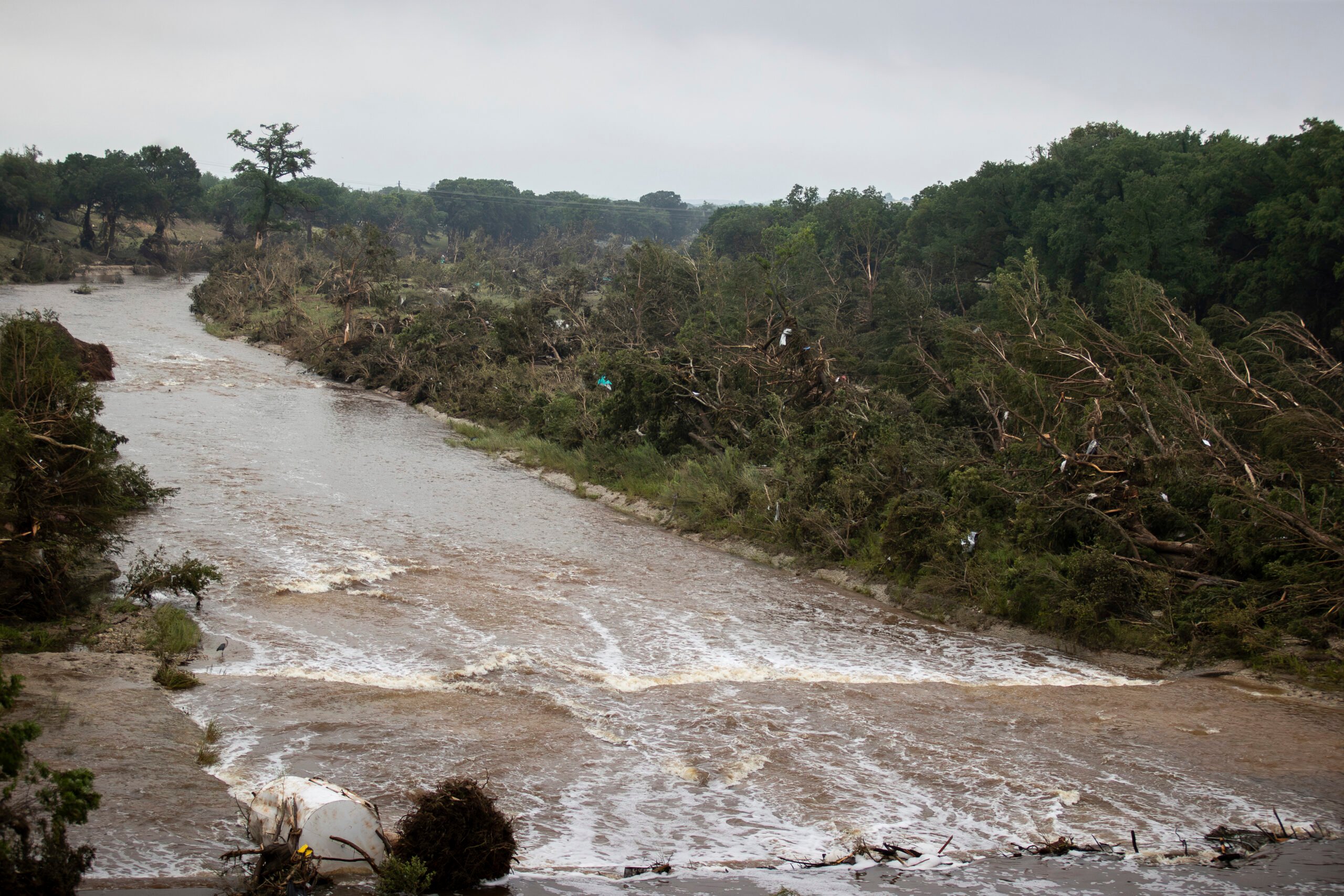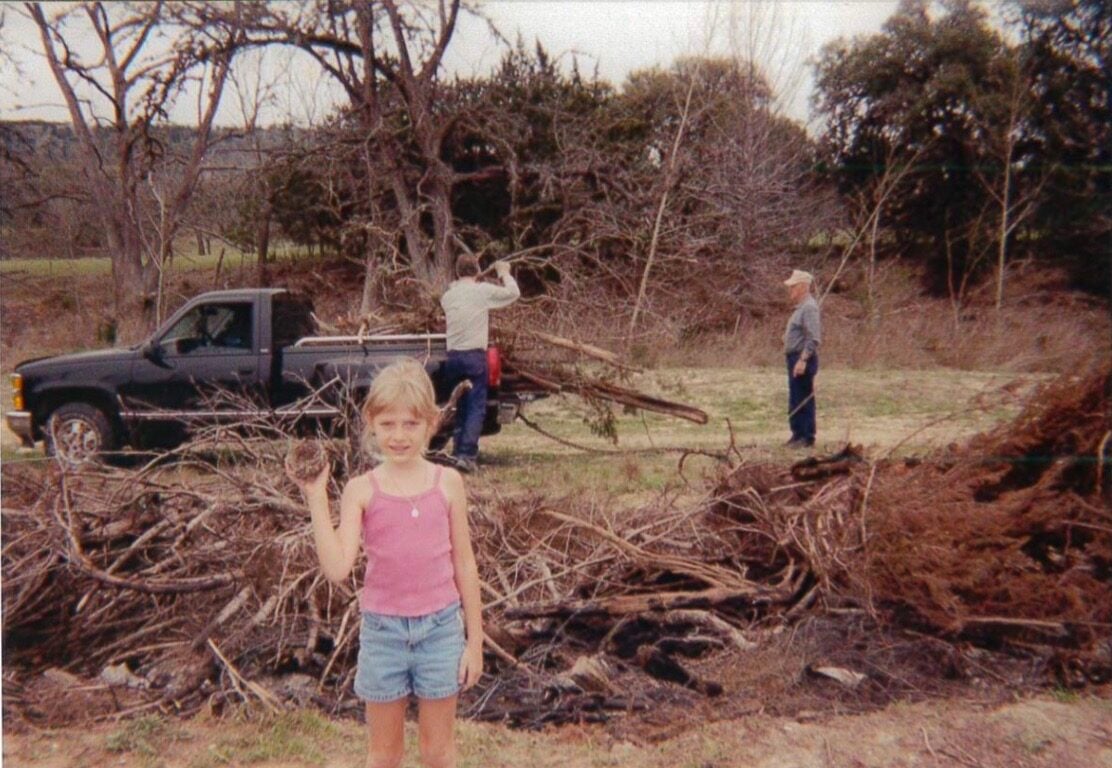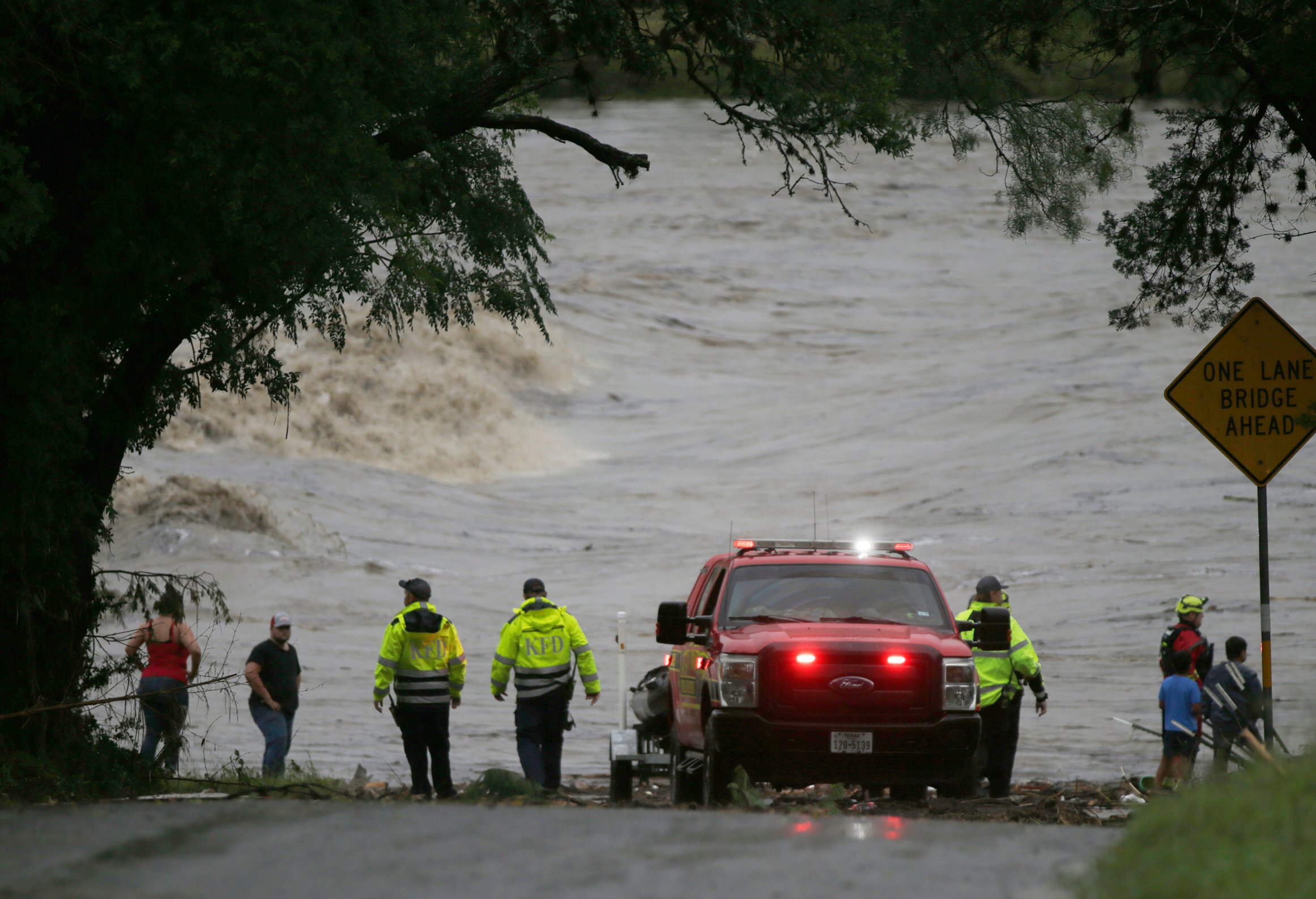Afterword
Je suis américain....
In Tunis last summer, the situation was tricky. And in light of recent headlines, I’ve been thinking a lot lately about what happened to me there.
Tunisia is very much a Muslim country, and this was only a few months after the U.S. tanks had rolled into Baghdad. I was very much an American, easily pegged as such, I suppose, if only because of my accent speaking French. Plus, the Red Sox baseball cap I usually wore didn’t help, though it was all I had packed for headgear to ward off the strong North African sun. I had come from my home base in Austin to Tunisia for a couple of weeks to do literary research for an essay on Gustave Flaubert’s 19th-century novel Salammbô, set in ancient Carthage, as well as to gather some details for fiction of my own I’m working on.
It started not long after I stepped off the Air France flight from Paris. I took a rattling bus downtown to find a place to stay. On a side street, the Hôtel Omrane was a white, balconied edifice leftover from the old French colonial regime. It looked like it catered to Tunisian businessmen, and as I negotiated a price for the night with the cheery young desk clerk, he asked me where I was from. He was just making conversation, probably already aware of the answer because of that American-accented French from me.
“Je suis américain,†I told him, then added, pretty self-conscious, “malheureusement.†Translated: “I am American, unfortunately.â€
In his neat blazer and tie, he got a kick out of that, laughing. He immediately turned to an older, rather elegant woman also working there at the desk, maybe a manager, telling her what I said, and she smiled too. I registered, handing him my passport with the gold, spread-eagle Great Seal on the cover, and he launched into some talk about how my being an American would certainly be no problem in Tunisia, but I assumed that was part of his desk clerk’s spiel. What was more important for me was how my getting the original laugh from him broke the ice. So without intending it, I had struck upon what from then on became rather a set formula for dealing with more than a few Tunisians I met, saying right off, “Je suis américain, malheureusement.â€
Tunisia is usually considered an open, progressive country. Apparently, that’s thanks to the leadership of the late Habib Bourguiba, the president there for about 30 years, beginning with its independence from France in 1956. Bourguiba was adept at establishing the rights of women and keeping extreme Islamic fundamentalism in check. Tunis itself is a beautiful city, a fine mix of the old and new; there’s a well-preserved, particularly handsome medina, the original part of the city that has at its center a magnificent Grand Mosque built in the ninth century, and there are also wide, modern boulevards lined with busy sidewalk cafes and more of that white wedding-cake colonial architecture, even a handful of sleek high-rises. Nevertheless, and progressive or not, Tunisia is, as said, very much a Muslim country, at one time the seat of religious scholarship and influence for a large stretch of Arabic North Africa.
And the big news in any Muslim country at the moment was the American occupation of Iraq. A good portion of the pages for hard news and editorials in the newspapers were devoted to it. It always seemed to be a main story on TV news. With respect to the latter, there came a telling scenario one evening when I got back from poking around Carthage and its ruins, a 20-minute commuter-train ride from Tunis along the blue Mediterranean, and headed over to a cheap cubbyhole restaurant on Rue du Caire. I had discovered the place my first week there, returning several times for the quite amazing couscous, sticking with a winner. The tables with simple plastic tablecloths were arranged in rows, and as usual the others eating there, men alone and looking like office workers in slacks and short-sleeved shirts, all sat facing the TV hung high over the front door. When the evening news clips from Iraq came on (more U.S. soldiers in tan camouflage uniforms moving around Baghdad neighborhoods on foot patrol, obviously jumpy, as the insurgent attacks of the summer of 2003 were beginning) those men in the restaurant—every one of them, I’d say—seemed to stop eating as if programmed to do so. They stared intently at the clips that could have been something they were going to later be tested on, returning to their own meals only when the next item and other news came on.
Still, just about everybody I encountered was so polite about discussing the political situation with me when it came up. It got so that after the standard smile in response to my “Je suis américain, malheureusement†line, people always wanted to assure me that they personally had nothing against Americans. Or sometimes, expressed politely, they said they had nothing against the American people, as opposed to American politicians. It was all like my initial exchange with the hotel clerk. I got it from a smiling young cop carrying an automatic rifle on routine security duty outside a bank in the medina; he took it upon himself to come up to me and welcome me to his country, telling me how many languages he himself spoke (Arabic, French, Italian), very proud of it. I got it from a thirty-something businessman in front of a sprawling new government office building on the edge of downtown; he came up to me as I stopped on the sidewalk, pocket notebook in hand, to jot down maybe a short story idea. Smiling as well, he told me in French that he had suspected I was American when he first spotted me. He brushed aside my apology for my nationality as if it were an annoying fly, proceeding to say that he had always dreamed of going to Miami. He talked of the beach in Miami, the gorgeous girls in Miami (never underestimate the global power of American media and the lure of the fast life), concluding, “Yes, Miami, that’s my kind of city!â€
In short, most people appeared to be going out of their way not to make me feel uncomfortable, and I assured myself that the “Je suis américain, malheureusement†opener was a lucky discovery indeed. On the other hand, I also had the sense that nobody was really leveling with me, that their politeness and desire to be good hosts prevented them from saying what they really were thinking. I knew what I was reading in the papers, watching on TV.
But everything changed when I got to the full hour of conversation with—or, more so, a heated lecturing from—the guy in the government tourism office that was located in a nook in the main Tunis train station.
It was a hot late Saturday afternoon. With most of my research work done, I thought I’d make plans for a swing around the countryside for a few days. I wanted to go out to Kairouan toward the edge of the Sahara, called the “Fourth Holiest City in Islam†and containing the tomb of an actual companion of the Prophet, then over to Sousse, recently developed as a major seaside resort. I figured I could get information at that tourism office in the train station. It was a cluttered single room, currently deserted of customers. Well-groomed, the husky guy on duty there had gray hair and a moustache, wore sort of Ari Onassis-style, big-framed tinted glasses. He too got the usual laugh out of my opening line, soon spreading out maps on a counter and piling up glossy brochures, helping me set up my itinerary. Until somewhere during that he simply stopped, looked right at me as if he had suddenly thought of something. He asked me in French, very seriously:
“You are a Democrat?†“Yes.†He nodded. “John Kennedy, he was a Democrat,†he said. “Of course,†I said. “John Kennedy, he was a great man, a fine president.†“Yes.â€
He forgot about the maps and the brochures after that. It was just the two of us alone there, the ceiling fan slowly looping above. He began opening up to me on the political situation, then really opening up some more. Within minutes he was deep into explaining to me why the invasion and any ongoing occupation of Iraq was such an assault on Muslim dignity, stressing the importance of the city of Baghdad in Islamic history. And he gave me a lot of that history, his fervor growing, his voice alternatingly sighing and thundering; he was soon definitely worked up about it all. What he saw as the utter humiliation in Palestine got covered in detail too. In the middle of it the phone rang, and he went to his desk to apparently tell whoever was calling that he would get back to them later. I didn’t understand the Arabic, but I could identify the word for “American†in it, and the gist seemed to be his informing perhaps his wife or a friend that he was busy now, he was talking to an American. He returned to the counter, standing there again, picking up where he had left off. By the end of it he was actually thumping his fist on his heart to illustrate the hurt all Muslims felt, wanting to know what Bush, what Rumsfeld, what Powell—he listed them name by name, as if a formal order of indictment—what they were thinking when they embarked on this. And any judgment on Saddam Hussein himself aside, he said, did they have any idea what the repercussions in the Islamic world would be, could they be that arrogant and that naïve?
“Bush est fou, il est un idiot,†I finally put in, speaking low but with conviction.
No translation needed, and it felt good to say it aloud.
“True,†he said in his French, calming down now, possibly embarrassed for having gotten worked up and trying to summon back his tourism office demeanor once more, “he is crazy,†adding softly, after a pause: “But John Kennedy, he was a great man.â€
We parted with extended happy handshaking, wishing each other the best of luck in everything, and if the counter wasn’t between us I suspect this guy might have hugged me hard. I headed back out of the train station and into the late afternoon sunshine; the streets were packed and the little yellow cabs honked through the clogged Tunis traffic, wonderfully meandering Arab pop music playing everywhere. Walking along, I started putting things together. I thought some about what he had said about Kennedy, and I told myself that granting Kennedy had faults, it was no small international legacy to have your name invoked in another country 40 years after holding office, with nearly the power to heal in the course of a political diatribe. I thought more about Iraq.
And, as said, now I keep going back to my time in Tunisia last summer, especially what that guy in the tourism office told me.
There certainly wasn’t anything new in his lecture, but how uncannily close it rang to what a lot of us here stateside asked ourselves, incredulously, almost right from the start: What could any of the principals involved have been thinking? How could they have been so absolutely misinformed, if nothing else? Because it doesn’t take any covert CIA intelligence gathering or expensive think-tank research to establish a most elementary truth. It’s something any American college kid who travels around staying in youth hostels when 20, let’s say, does learn from talking with other kids from other countries, or what a middle-aged, everyday guy like me can gather in casually dealing with people in hotels and on the street while spending a couple of weeks in a place like Tunis. Simply and oh-so-obviously: This is a large, culturally complicated world indeed, and Americans are not the only people in it. And even in the course of the United States taking a military stand in very dangerous times like these today, the response and opinions of those other people have to be acknowledged, have to be respected and figured into the equation ahead of time.
Maybe one of the sad byproducts of the whole tale of our involvement in Iraq is that it has created for many Americans traveling—not only me—a need to apologize for one’s nationality, to be put in this position of shared guilt and genuine shame. And granting that Americans have often had a good deal to apologize for abroad, with political ugly-Americanism sometimes appearing nothing short of a cliché by this point in history, how markedly worse it has become with this current mess.
But in the midst of an increasingly darkening situation right now, possibly the important thing is to not lose sight of the alternative, never rule it out, though such large change could be a long time coming, all right. I mean, how good it would be to someday be able to step out of a plane anywhere on this big green-and-blue globe with a different feeling. Step out and pronounce to somebody, not in the cornball way of another jingoistic C. and W. song, but with the kind of quiet and even selfless belief that’s admittedly so far from our national consciousness at the moment that for me just to type it here almost feels like delivering the punch line to a joke:
“Je suis américain, reconnaissant et fier de l’être.â€
Yup, an American—gratefully and proudly.
Short-story writer and novelist Peter LaSalle is the Susan Taylor McDaniel Regents Professor in Creative Writing at the University of Texas at Austin.


